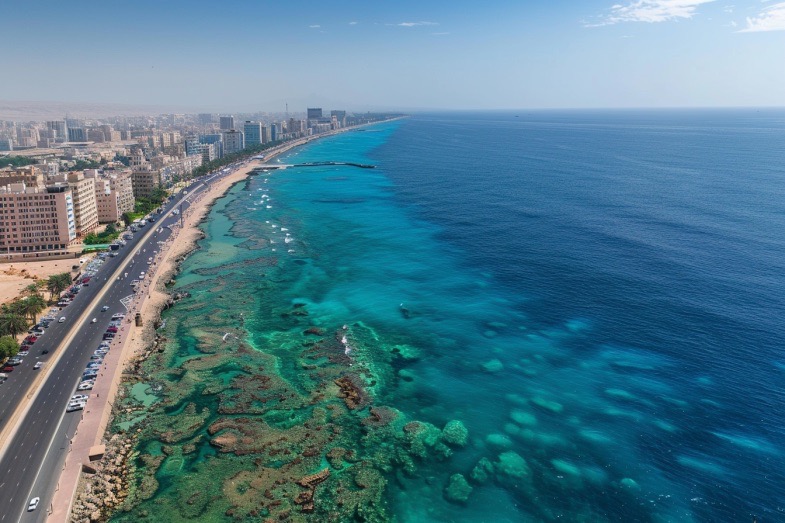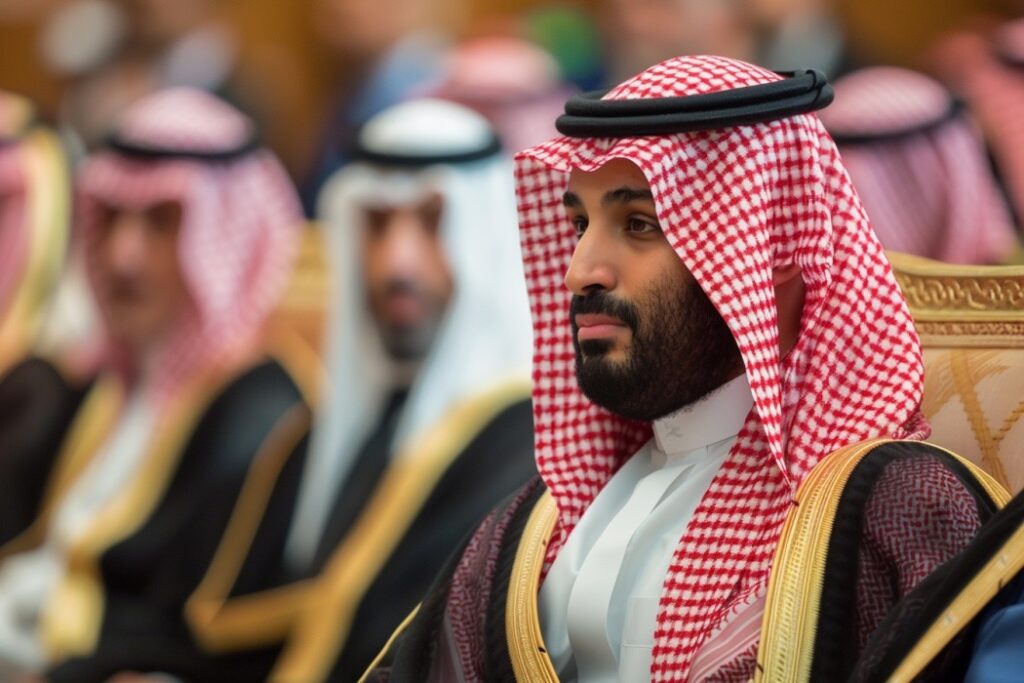Singapore’s Former Transport Minister Convicted of Receiving Gifts
In a stunning turn of events, Singapore’s ex-transport minister, Subramanian Iswaran, has been found guilty of accepting gifts while in office. The charges were amended from corruption to receiving gifts as he entered a guilty plea before a local court.
The case has sent shockwaves through the nation as corruption involving a public official is extremely rare in Singapore, known for its pristine reputation. Iswaran now faces the possibility of a fine or up to two years in jail for each gift received, a stark contrast to the potential seven-year prison sentence for corruption.
Notably, Iswaran is the first political office-holder in Singapore to be tried in court in the last five decades. His involvement in bringing the Formula 1 Grand Prix to Singapore has added intrigue to the case, especially as the most recent edition of the race concluded just days before his court appearance.
The charge sheets indicate that Iswaran was gifted over S$403,000 worth of flights, hotel stays, musicals, and Grand Prix tickets. These gifts were allegedly provided by property tycoon Ong Beng Seng, the owner of the Singapore Grand Prix rights.
Ong’s company, Hotel Properties, boasts 38 hotels and resorts under various renowned brands. While both Ong and Iswaran were initially arrested, only Iswaran faced charges. Ong was expected to testify as a prosecution witness but has not been charged with any offenses.
Further complicating the case, Iswaran was later accused of receiving additional items such as a Brompton bicycle, golf clubs, and whisky from construction company boss Lum Kok Seng. Lum’s company had secured government infrastructure projects while Iswaran was Transport Minister.
Iswaran’s career spanned various government ministries, including home affairs, communications, and transport. However, it was his role in the trade and industry ministry that brought him into the limelight, shaping Singapore’s tourism landscape and overseeing major investments.
The scandal surrounding Iswaran is part of a series of political controversies within the ruling People’s Action Party (PAP), known for its anti-corruption stance. Previous scandals have included corruption probes into ministers’ properties and lawmakers’ resignations over extramarital affairs.
Singapore’s high-ranking officials, including ministers, receive substantial salaries to combat corruption. The last major corruption scandal involving a politician dates back to 1986, underscoring the rarity of such cases in Singapore’s political history.
Despite the upheaval, Singapore continues to grapple with the fallout from Iswaran’s case, shedding light on the challenges of maintaining integrity in government.



